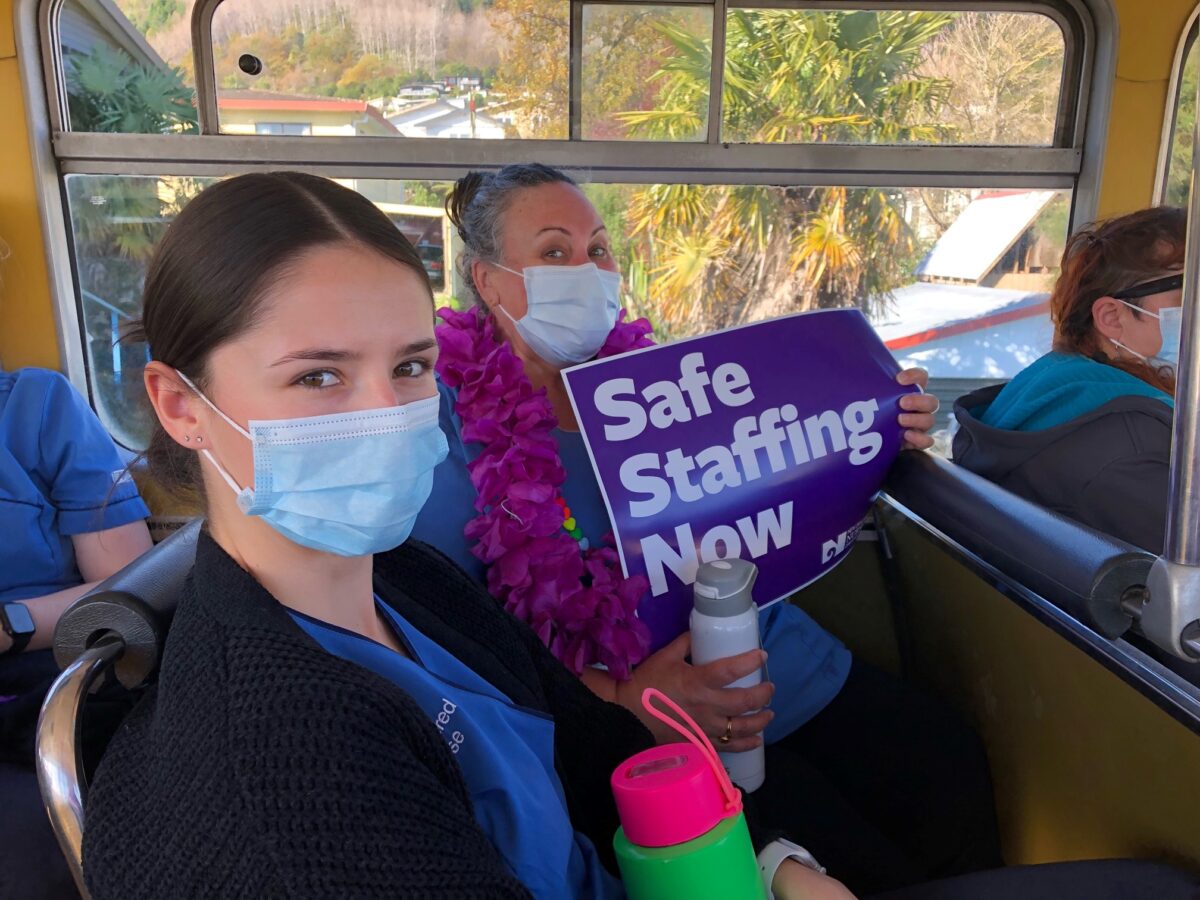‘This is our only opportunity to get the funding that we need for the health sector over the next three years — so it’s absolutely crucial.’
With health budget planning underway that will decide funding for the next three years, paid NZNO union meetings for Te Whatu Ora members are being held around the country next week, from November 27 to December 1.
NZNO campaigns director Tali Williams said members wanted to tell the Government what the nursing workforce expected from them — more funding for the health sector and safe staffing.
“This is our only opportunity to get the funding that we need for the health sector over the next three years — so it’s absolutely crucial.”
A new three-year health funding cycle — set under the Pae Ora health reforms to give more certainty — is set to begin in 2024, at the May Budget.
‘Fire in the belly’
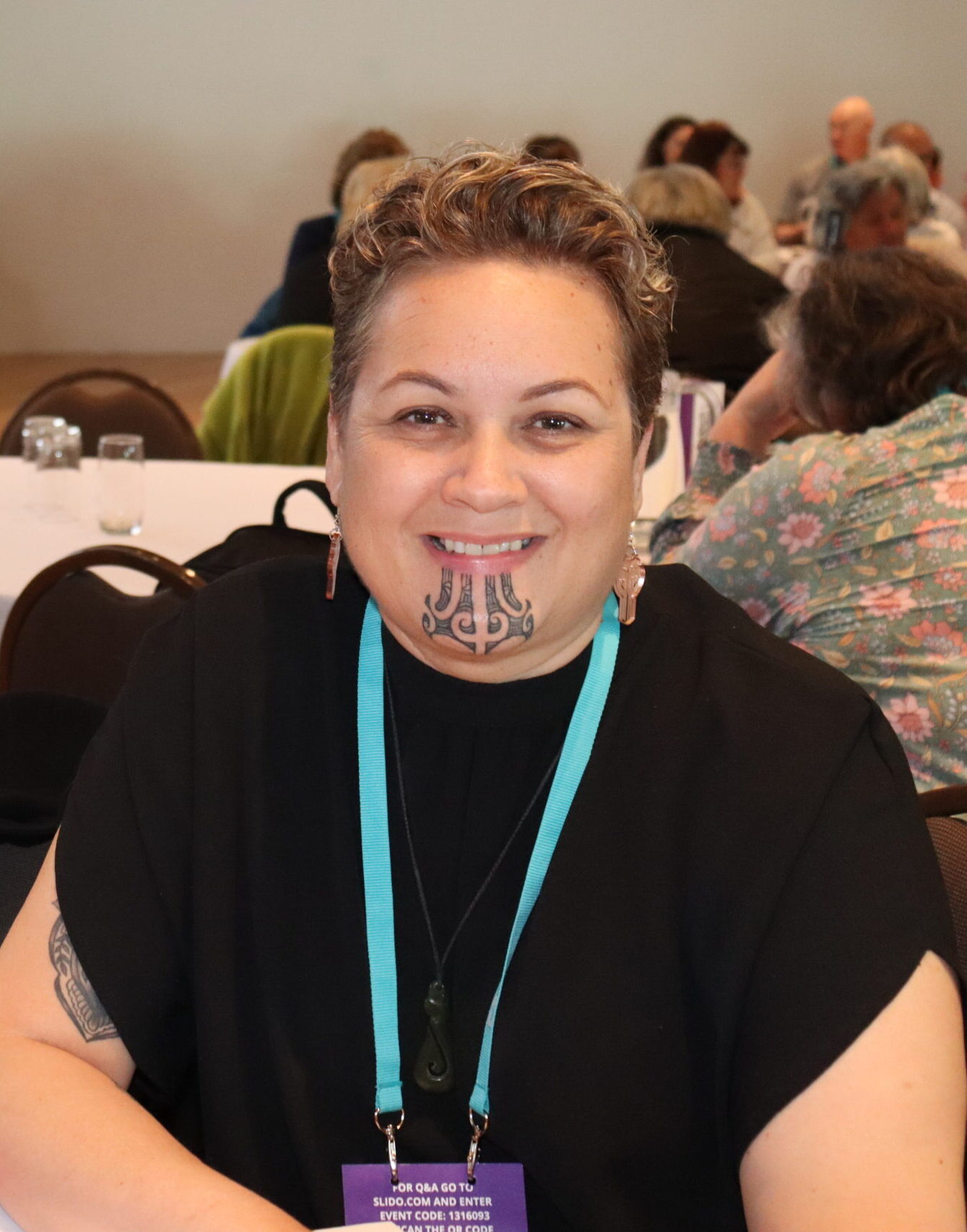
Hawke’s Bay nurse Nayda Heays said while nurses on the ground were fatigued, a “fire in the belly” had been lit after the election. “If anything, it’s spun around into another fight that we’re ready for.
“We’re just trying to hold Te Whatu Ora accountable for the things they didn’t come to the party with,” she said. They included actualising te Tiriti, safe staffing-patient ratios and a safe workplace.
“For Māori, our entire existence is about fighting — it’s about advocacy for our patients, especially with [staff] ratios, for actualising te Tiriti o Waitangi.”
Wellington Hospital lead delegate Jenny Kendall said the irony was that members felt too tired and overworked to get to meetings — but it had never been so important to turn up.
“For so long we’ve been promised safe staffing levels,” Kendall told Kaitiaki. “This is what is stopping us [from turning out], we can’t abandon our patients.”
A nurse for 48 years, Kendall said staff throughout the hospital were regularly under pressure to work overtime and often missed meal breaks.
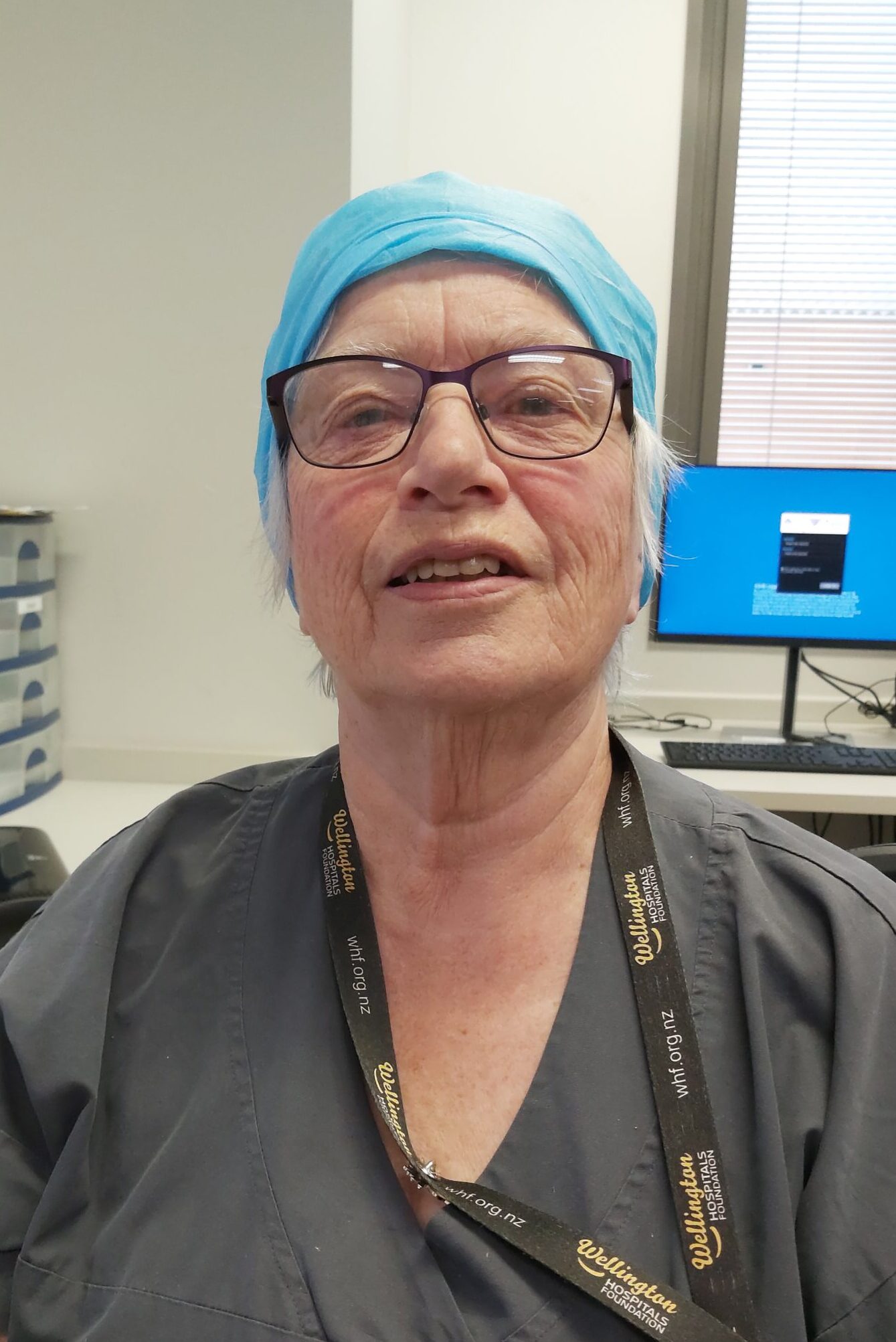
“If you haven’t got safe staffing and a safe environment to work in, it doesn’t matter how experienced you are.”
2024 Te Whatu Ora bargaining was only months away and with a potentially hostile new Government, it was crucial to be heard, Kendall said. “Find a way to get to them [union meetings], because it’s very important. This is our opportunity to have a say in the budget.”
Auckland Hospital theatre admission/discharge nurse Mohini Lal said she would be encouraging staff across theatre and recovery departments to attend. “Fingers crossed, we’ll have a big turnout.”
She said staffing was the biggest issue for nurses.
‘It’s just not about work anymore, it’s about mental health.’
“People are feeling tired — it’s more just about being fully staffed, I’m finding here is the biggest problem.“
When people call in sick, there was never enough cover. “Today we have two sick, and there’s no bureau cover — so we’re managing.” But it increased everyone’s workload.

The day she spoke to Kaitiaki, Lal herself had been called in a few hours early due to the short-staffing and was juggling a coordinating role with teaching and patient load — and a 10-hour shift.
“I’ve got a nurse to orientate, then on top of that we’ve extra patients coming — so I’m helping a couple of patients too as we go along.”
Lal — who had worked at the hospital for 24 years — said this year had been one of the worst in terms of resignations. “It’s the pressure — it’s so busy, people are stressed — it becomes about their wellbeing. It’s just not about work anymore, it’s about mental health.”
Support for senior nurses, too, needed to be a priority. Instead of focusing on leadership, mentoring and coordinating, they were being pulled onto the floor to plug gaps.
Te Whatu Ora ‘sets the bar’
NZNO kaiwhakahaere Kerri Nuku said when people were fatigued and vulnerable, that could be used to others’ advantage in bargaining.
“So now more than ever, it requires of us . . . to continue to be strong, united and to keep coming back — and this is one of those times where we have to keep going back because of the three-year long term [budget] plan.”
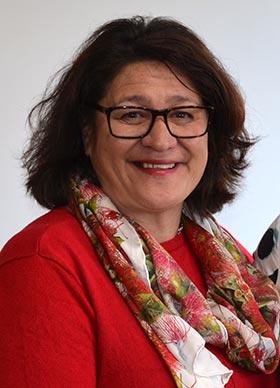
Te Whatu Ora set the bar for other sectors, she said.
“This isn’t just about their cause, it’s about the future of nurses who are coming into that workspace, but it’s also for the future of nurses outside of that space — non-Te Whatu Ora — that this is really, critically important.”
‘ . . . nurses are completely over it, they’re fatigued, they’re tired — and because they’re professionals they’ll continue to agitate for what needs to be done to fix the system’.
‘Now is the time to be heard’
Williams also noted the pre-Christmas mini-budget, or half-year economic fiscal update, was coming up, where Government worked out how to direct its spending .
With planning already underway on how much to put aside for the health workforce, salary, staffing levels, training and development, now was the time to be heard, she said.
NZNO chief executive Paul Goulter said Te Whatu Ora bargaining was one way to attain safer staffing , “so it’s really important that members come along and participate in those meetings.”
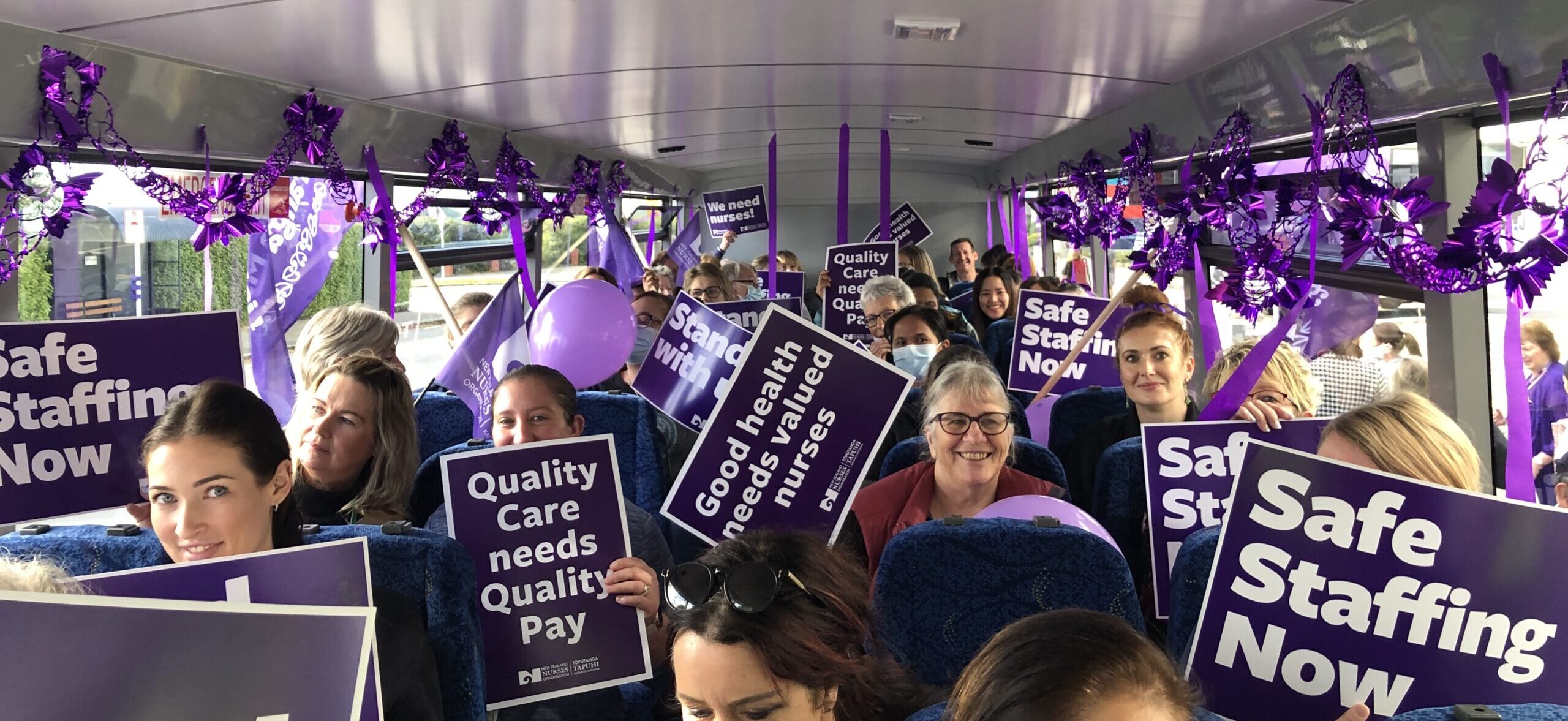
“I don’t think anyone can be in doubt that nurses are completely over it, they’re fatigued, they’re tired — and because they’re professionals they’ll continue to agitate for what needs to be done to fix the system.”
Details including transport for all paid union meetings around the country for Te Whatu Ora members from November 27 to December 1 can be found here.



